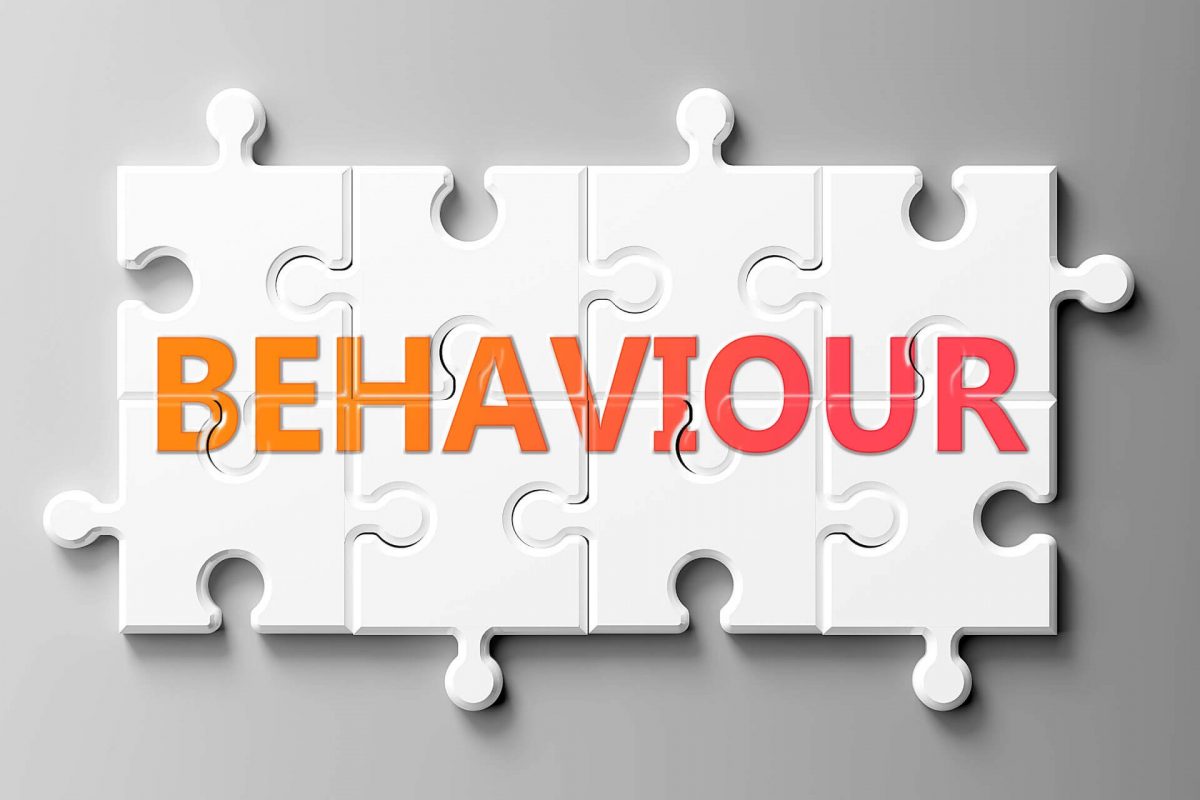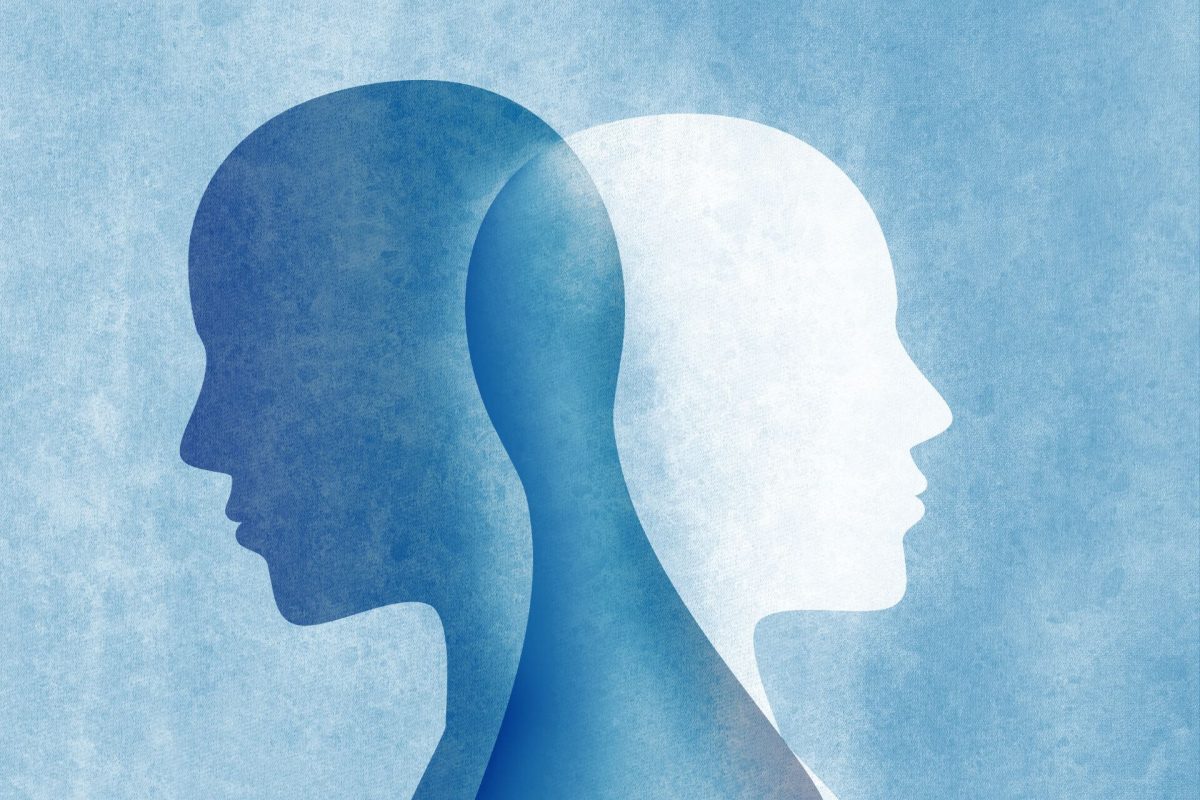Codependent relationships can leave us feeling drained, exhausted and resentful, yet so many of us find ourselves in codependent situations with loved ones.
How does codependency manifest?
Psychotherapist Sharon Martin says that codependency occurs in many relationships.
Codependency can take place between friends, parents, siblings and even co-workers.
Martin says that codependent relationships prevent us from having healthy, balanced relationships where the needs of both people are recognised and met (Sharon Martin, Psychology Today, November 2020).
Identifying codependency
Much of the literature states that unhealthy relationships fueled by codependency are about us and not the other person.
For example, sacrificing yourself to please someone else or make them happy is one of the telltale signs of codependency and may stem from profound low self-worth and a lack of self-identity.
Self – sacrifice
Self-sacrificing may involve giving away your energy, time, health, money or values.
Essentially, in codependent relationships, your life centres around the other person, taking care of their needs, making them happy, and doing whatever you can to please them while ignoring your needs and wants.
Psychologists say that people must recognise when they are being codependent to enjoy a happy, fulfilled relationship with themselves and those around them.
What makes someone codependent?
Inherently, codependency acts like a mirror, and it’s often a reflection of how you feel about yourself.
Codependency occurs in many relationships, but at its core, its origins get rooted in how you perceive yourself and how you think you deserve to get treated.
Changing patterns of codependency
Suppose you want to start enjoying a happier, balanced relationship with yourself and others.
In that case, you must seek to change your patterns of codependency by modifying how you think, feel and treat yourself.
Unfortunately, many of us get taught that putting our needs first is selfish or wrong – but this couldn’t be any further from the truth, and as the saying goes – – you cannot pour from an empty cup.
Codependency risk factors

There are several reasons you might veer toward codependency – and such causes mainly stem from your past experiences.
Additionally, many things may contribute to the condition if an individual has a codependent personality.
However, a codependent individual may likely have the following family or relationship issues:
- Being dismissed or ignored from an early age
- A complex relationship with one or both parents
- Having family members that are codependent
- A history of abuse
The definition of codependency
Codependency gets classified as an emotional and behavioural condition that impacts a person’s ability to maintain healthy relationships.
Codependency is not recognised as a mental disorder; however, the condition is prevalent and often referred to as “relationship addiction.”
Typically, codependents have a negative relationship with themselves and often seek validation from external sources such as other people.
Examples of codependency
There are various ways that codependency can show up in relationships.
Scenario one:
Suppose a young woman has just graduated from college and wishes to further her education, but because of her mother’s poor mental health, she decides to stay at home to take care of her.
The woman wants nothing more than to travel and further her education but offers to work locally to be closer to her mother.
In this case, the daughter sacrifices her dreams and settles for an unfulfilling career to please her family.
Scenario two:
Another example of a codependent relationship is when a husband puts his alcoholic wife’s needs ahead of his own.
He is unwittingly enabling his wife’s alcohol addiction by giving in to her requests and concealing her destructive behaviours by engaging in such behaviour.
The husband blames himself for his wife’s behaviour and will go to great lengths to make her happy, including sacrificing his emotional wellbeing.
Signs of codependency
There are various signs of codependency to look out for – including:
- The need to fix others, feel needed or “save” other people
- Having issues with confrontation and decision-making
- Going to great lengths to make other people happy while ignoring your needs
- Fearing the loss of relationships with family, friends and partners
- Having trust issues toward yourself and others
- Putting other peoples’ needs ahead of your own
- People-pleasing tendencies
Seven additional signs of a codependent relationship

- You are overly concerned with what another person is thinking, saying or doing – and want to fix or rescue them from their issues. You may take on the burden of worry and believe that if you don’t look after them, something terrible might happen.
- Walking on eggshells around others is another sign of a codependent relationship; you may be afraid of saying or doing something that may anger or displease another person. Because of this, you may not give your opinion, ask for what you want, or share your feelings.
- You do not end a codependent relationship even if your partner is abusive, controlling, and has repeatedly hurt you.
- You fear getting rejected, abandoned, or criticised.
- You behave like a martyr. For example, you take care of everyone but feel resentful because no one looks after you.
- Your relationships are one-sided. All this involves working hard to maintain a relationship while the other is carefree and irresponsible. You may even make excuses or enable the other person’s bad behaviour.
- You are controlling in intimate relationships and may nag, give unwanted advice, or criticise your partner.
Changing the dynamics of codependency
According to psychologists, there are various ways you can become less codependent and more self-empowered.
Much of the literature on codependency focuses on self-care.
The above may involve building your confidence, self-perception, and getting to know your boundaries.
Once you have a clearer perspective of your values and desires, you can assert them around others and achieve better balance and harmony.
You deserve to take up space in this world just like anyone else, and working on building your self-esteem and confidence is a great place to start.
Building your self-worth
Codependents often suffer from extreme low – self-esteem and self-worth.
Typically, codependent people feel like there’s something wrong with them.
Thus, they persistently seek validation, do things to prove their worth, and have a deep fear of rejection.
Needing to feel needed
If you are codependent, you may find yourself relating to some of these symptoms- – things like setting yourself up as the “caretaker” and having a profound desire to be needed by others is not an unfamiliar concept to you.
However, all this usually comes with a hefty price, often at the expense of your physical and mental health.
Putting your needs first
If you are a seasoned codependent, you may find it challenging to start putting your needs ahead of others, especially initially.
However, instead of focusing on what other people want, you may consider turning your focus inwards.
By acknowledging and validating your feelings, you can build self-compassion and self-worth.
You may struggle to set boundaries initially. However, you will begin to experience positive results by taking small, intentional actions.
Letting go
There’s a lot of talk about detachment in the mental health space – and the concept of detachment has significant roots in codependency.
When you detach a little – you put a degree of physical and emotional space between yourself and others.
You are not selfish or uncaring.
Detachment doesn’t mean you are selfish or uncaring, and it doesn’t mean that you are ending essential relationships with your loved ones.
When you detach yourself from people and situations, you stop obsessing about what others are thinking and doing – you also stop worrying about their problems, decisions, feelings, etc.
Detaching yourself a little from other people can be immensely liberating and means that when you decide to start interacting again, you can show up as the best version of yourself.
Detachment may involve:
- Staying calm and collected instead of reacting
- Not getting involved in arguments.
- Deciding to stop enabling unhealthy behaviour patterns in yourself and others
- Setting boundaries
- Putting your feelings and emotions ahead of others
- Listening rather than trying to resolve or fix other peoples’ issues
- Removing yourself from uncomfortable situations or environments
Further help and support
If you think you may need to set boundaries, or you find yourself continuously engaging in codependent relationship patterns, our friendly team at White River Manor can help.
We specialise in treating various mental health conditions such as depression, trauma, anxiety, low self-esteem, and addictions.
With proper treatment and support – you can identify the signs of codependency and learn to cope effectively by modifying unhelpful behaviour patterns that no longer serve you or your relationships.
Contact our specialist team to find out more.







